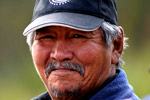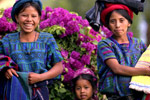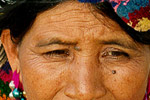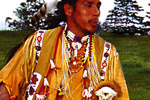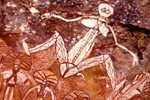Guidelines on Traditional Knowledge in Environmental Assessments
These guidelines were written over a period of years and present relatively simple and straightforward guidelines for all parties on how to interact with each other fairly, equitably, and with respect in projects that involve indigenous peoples. The primary focus of these guidelines is the interaction between parties from different cultures and different knowledge systems attempting to work together on removing resources from land that is traditionally indigenous territory used for many purposes from sacred activities to hunting and fishing. When the work began in 1996, the prevailing “wisdom” amongst the developers and governments was that traditional knowledge had little relevance to the decision-making because science would handle all the issues from an objective point of view. Needless to say, the people whose lands were being confiscated without permission or recompense did not share this view, and in many cases suffered great physical, emotional, and life-threatening trauma. In some countries the indigenous peoples were routinely killed to ease extraction of the resources.My work began with the World Council of Indigenous People who asked me to develop guidelines on how to use traditional knowledge effectively in environmental assessments. Over the years, the World Council of Indigenous Peoples was joined by the Canadian International Development Corporation (CIDA), Environment Canada, the World Bank, and the Canadian Department of Indian and Northern Affairs in both funding and participation as the series of guidelines evolved and was tested. The Guidelines presented here are the reports to those organizations prepared by KIVU Nature Inc. and its predecessor organization Alan R. Emery and Associates.

